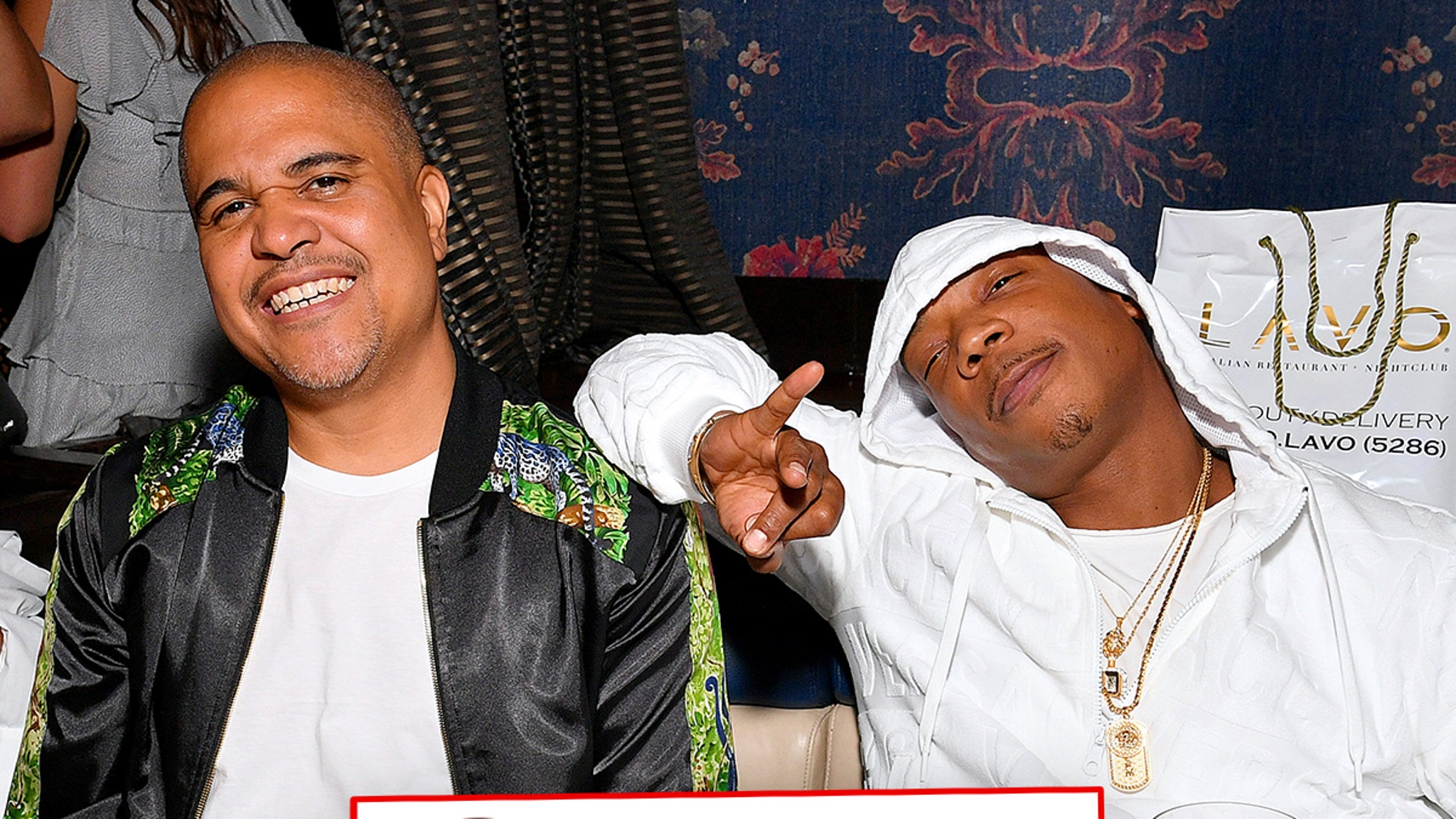Culture
Charles Shyer, Filmmaker Who Focused on Women, Dies at 83

Charles Shyer, who co-wrote and directed a long string of hit comedies, including “Private Benjamin,” “Baby Boom” and “Father of the Bride” — many of which featured strong female leads and were made in collaboration with his former wife, Nancy Meyers — died on Dec. 27 in Los Angeles. He was 83.
His daughters Annie Meyers-Shyer and Hallie Meyers-Shyer, who is also a director, said he died in a hospital after an unspecified short illness.
Mr. Meyers was practically raised by the film industry — his father, Melville Shyer, was a founder of the Directors Guild of America — and his projects drew on his unabashed love for classic movies.
His portfolio of inspirations was vast, encompassing the renowned, like “His Girl Friday” (1940) and “North by Northwest” (1959), and the obscure, like the absurdist 1973 British comedy “O Lucky Man!,” which he ranked among his favorite films.
He and Ms. Meyers were both romantic and professional partners. They were already dating when they collaborated with Harvey Miller on the script for “Private Benjamin,” a 1980 film about a socialite who enlists in the U.S. Army.
The film, directed by Howard Zieff and starring Goldie Hawn, was a major hit — it made $69.8 million on a $9.2 million budget — and the writing trio earned an Academy Award nomination for best original screenplay.
More success followed. “Irreconcilable Differences” (1984), the first film Mr. Shyer directed, was followed by “Baby Boom” (1987), “Father of the Bride” (1991) and its 1995 sequel, and “The Parent Trap” (1998), all written by Mr. Shyer and Ms. Meyer. “Father of the Bride” and “The Parent Trap” were remakes of movies that are themselves considered classics.
Many of their films featured strong female characters pushing against social norms. In “Baby Boom,” for example, Diane Keaton plays a hard-charging consultant who finds herself raising a baby on her own.
“A few years ago, it would have had to be a man,” Mr. Shyer told The Toronto Globe and Mail in 1986, “because it’s hard to think of a woman who doesn’t know how to deal with a baby. But nowadays it’s possible.”
He directed most of his films with Ms. Meyers, though they switched places for “The Parent Trap,” her directorial debut.
Hollywood wags took to calling them the “Schmyers,” not only because of the prolific nature of their collaboration but also because of its tightness — they worked in a one-room building behind their home in the Sherman Oaks neighborhood of Los Angeles, facing each other across a writing desk.
“I would lay down the scene, and then I would — it sounds like I’m describing a movie — pull the paper out and heave it across the desk, and he’d pencil it up,” Ms. Meyers said in an interview. “Sometimes he would lay down the scenes and then I would revise them. There was a romance to it.”
The couple married in 1995 and separated three years later, but they remained friends.
Throughout their films — and in the ones Mr. Shyer made after they split, like “Alfie” (2004), which was also a remake — Mr. Shyer tackled serious domestic issues but leavened them with a big dollop of humor.
He often recalled a bit of advice given to him by one of his directing heroes, Billy Wilder: “We all want the same thing, us writers and directors. We want to make them laugh and make them cry.”
That, he told Script magazine in 2022, is what it is all about.
“What he’s saying is you want to do a movie that is enjoyable, but that has substance,” he said. “And I think that’s for me the big drive.”
Charles Richard Shyer was born on Oct. 11, 1941, in Los Angeles. His father was an assistant director and occasional director, and his mother, Lois (Jones) Delaney, managed the home.
He briefly attended College of the Desert, in Palm Desert, Calif. But he left when he was accepted into an apprentice program run by the Directors Guild of America.
Mr. Shyer worked low-level jobs on a number of movies before shifting to writing. He became an assistant to Garry Marshall and Jerry Belson at around the time they adapted Neil Simon’s 1965 play “The Odd Couple” for television in 1970.
“I got to sit in on story meetings. And then when they were over, I would say stuff to Garry,” he told Script. “And he said, ‘That’s good. Speak up more.’ And he would encourage me, and then he said, ‘You could be a writer.’”
Mr. Shyer received writing credits on three films in the 1970s — “Smokey and the Bandit” in 1977 and “House Calls” and “Goin’ South” in 1978 — before teaming up with Ms. Meyers and Mr. Miller on “Private Benjamin.”
Mr. Shyer’s first two marriages ended in divorce. His third marriage, to Ms. Meyers, ended in 2000. He married Deborah Lynn in 2004; they divorced in 2009.
Along with his two daughters, both from his marriage to Ms. Meyers, he is survived by two children from his marriage to Ms. Lynn, Jacob and Sophia Shyer, and three grandchildren.
Mr. Shyer’s last two movies — “The Noel Diary” (2022), which he co-wrote and directed, and “Best. Christmas. Ever!” (2023), which he co-wrote and produced — were both made for Netflix.
He spoke warmly of his work for that streaming service, but he also bemoaned what he saw as the fading of the theatergoing experience.
“I think movie theaters are going to go the way of bookstores and record stores,” he told The Hollywood Reporter in 2022. “They’re just not going to be around anymore, and that’s very sad to me. I’m thankful that I got to work during a time when they were around.”



























